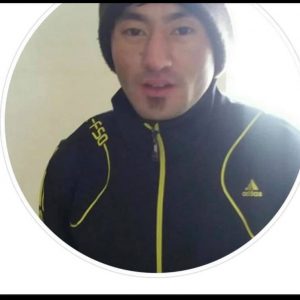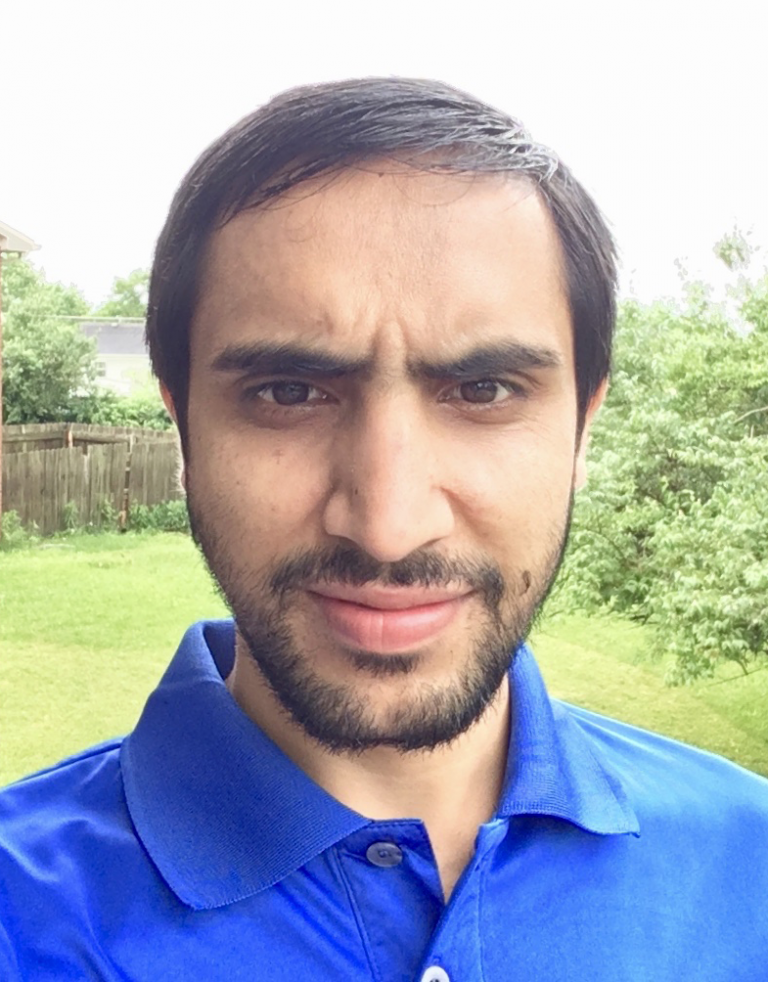When I was still growing up at Topgachhi (currently Kamal Gaunpalika) in Jhapa, in the eastern part of Nepal, I always felt sad to see so many of my friends and family leave for work in India. Some of them would drop out of school, unable to pay the fees, while others were encouraged by their peers or even family members to opt out of their education early and head to labor factories in India. Doing so would be considered a more effective way to support their families because the parents believed that education was not a valuable commodity.
As discussed by Professor Abhi Subedi in his recent article in the Kantipur Daily, the favorable destinations during that time for Nepali migrant workers were India, Bhutan, and Burma. Other countries, especially in the West, were not open for ordinary people under The Panchayat regime, as it tightened its grip on migrant travel.
Whilst still at high school, our dear neighbor and grandfather figure, Subedar Upreti Ba would relate to us the experiences of such migrant workers in India as part of the stories about his fight against the Japanese forces on behalf of the British Raaj (rule), during World War II. What particularly captivated my imagination the most were the vignettes about his encounter with other Nepali-speaking people from Burma, Bhutan, and some other parts of India.
Whichever side they seemed to be fighting for, all of those Nepali-speaking soldiers had one thing in common – their love and devotion for Nepal and the spirit of Nepali nationhood. It always warmed my heart to hear such narratives of the Nepali people’s fellow-feeling and shared cultural beliefs in their communal homes away from home. Although it saddened me to know the conditions that drove these people away, I felt good about the way they thought about their home even though they were far away.
However, it was equally disappointing to see that these workers’ families and society in general valued their worth not in terms of the love, care, and commitment they held dear for their homeland, but only in terms of what they could earn; as material gain was seen as more valuable in the society. Their loyalty to their homeland should have been seen equally valuable.
In its broader sense, diasporic consciousness has always fed the sense of longing for one’s place of birth. Professor Subedi, in his article titled “An Evening of Diaspora Dialogue,” defines such diasporic experience more in terms of historically situated and emerging sociopolitical and cultural contexts of migration.
Rewards or benefits may fluctuate, as we don’t know how long this unstable pillar of economic structure dependent on migrant workers will continue to fuel the desire for money over home. However, what remains intact is people’s deep-seated feeling for belonging to their homeland. Otherwise, why would they spend their hard-earned money to support their families still living in Nepal? Why would they all gather around prayer halls, temples, and chapels around the world, driving charity events and asking for support to the people back home during natural disasters and other calamities every year? Why would they still pine for a visit to their homelands and drink directly from the waterfalls of their mountain villages, when they can afford to drink mineral water of their choice in their ‘new-found home’? Why does yak milk still taste so palatable and replenish their memory with satisfaction despite every luxury available to them where they are? It is this spirit of ancestry, nationhood, and deep commitment to their homeland that causes almost all Nepali-speaking migrants to such deep-rooted longing for their homeland.
Such feelings of belonging haven’t always been easy for so many other Nepali-speaking people that travel to the West from countries other than Nepal. Nepali-speaking Bhutanese migrants around the world have always carried a deep wound in their heart, with them not having this luxury of belonging to any one particular nation when growing up; they have always been pining for their lost home, which, for most of the younger generation, emerges more as an imaginary construct than reality.
During my ethnographic study among the Nepali-speaking Bhutanese in Kentucky, over five years, I got a chance to listen closely to their stories of struggle, and desire for home which bear witness to their commitment to Nepali culture, language, and heritage, and their pride in it. Their diasporic mediation is created through social consciousness, whereby individuals living across diverse locations and cultures reflect upon their sense of belonging to various national identities(or lack thereof), the exclusion from and persecution by the homeland, i.e. Bhutan, not being accepted by its ancestral land, Nepal, and their sense of complex identity in the host country, the U.S.
On the one hand, they feel lost belonging nowhere, whilst on the other hand, they also cherish refreshing memories of belonging everywhere and being able to navigate through cultural and national barriers. Something which is not that easy for most other diaspora communities that hail from a more specific location. Such paradoxical complexity of identity has lifted most of the Nepali-speaking Bhutanese above the limiting boundaries of belonging to an elevated stature as global citizens with more diversified sociopolitical and cultural experiences.
The conflict, however, still remains, as they have been valued on what they can contribute in terms of material gains but not in terms of their loyalty to their homeland and how much they have carried Nepal and Nepali cultures in their hearts everywhere they reach. Such a binary view of diasporic (non)belonging has always raised questions about Nepali-speaking Bhutanese migrants’ true identity in the West today.
As we jump from one bandwagon to the other, constantly pining for what we’ve lost, we need to seriously consider how we can heal from this deep scar of not belonging. One way to do this more thoughtfully would be to share our rich stories from the past and pass on our narratives to the younger generation, as Upreti Ba used to do in his story-telling.
Writing is another powerful tool of expression through which we can participate in making meaning out of our experiences and voice our concerns.
I am deeply grateful to Bhutan News Service (BNS), as it has been acting as a social chautari offering a voice to the voiceless for nearly two decades now. Those powerful voices in the most recent issues include, among many others, Govinda Rizal’s historical documentation of Bhutanese people’s struggle for democracy and social justice; Yeshi Pelzom Pradhan’s analysis on the need to erase an identity label as refugees, and Upendra Dahal’s editorial write-up on family legacy through the rich story of unending marriage. I’m even more heartened to see BNS come back with the same vigor after a brief hiatus.
We need to carve a clear path of recovery which we can follow in the future through such democratic and inclusive platforms, so as to affirm our identities, valued not on what we can contribute materially, but based on how we carry the message about our identity and rich cross-cultural resources.
Upreti Ba’s insightful stories about fostering warmth in the company of anyone of Nepali origin against the backdrop of the horrifying reality of war is still relevant today. Such feelings of common cultural and language heritage effuse a deep recognition of the fact that we still feel the same warmth inside our hearts in the presence of all Nepali-speaking migrants around the world.
It’s only by promoting this collective spirit of being of Nepali origins that we can foster a unifying bond among all of the diaspora communities in the globalized context of today’s world.
__
Dr. Tika Lamsal is an associate professor of Rhetoric and Language at the University of San Francisco (USF) and teaches both graduate and undergraduate courses on Cross-cultural Business Communication, and English Rhetoric and Writing.






